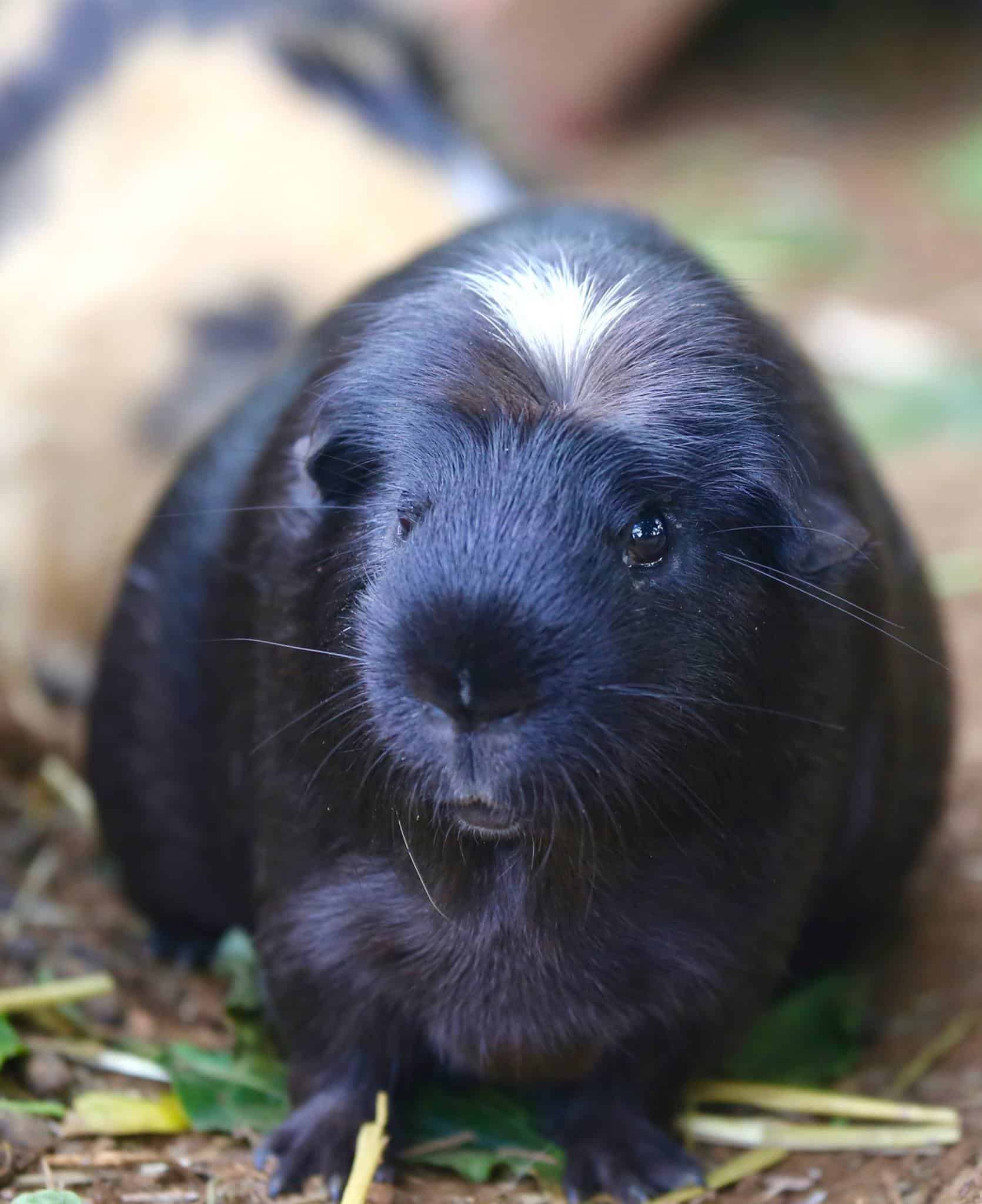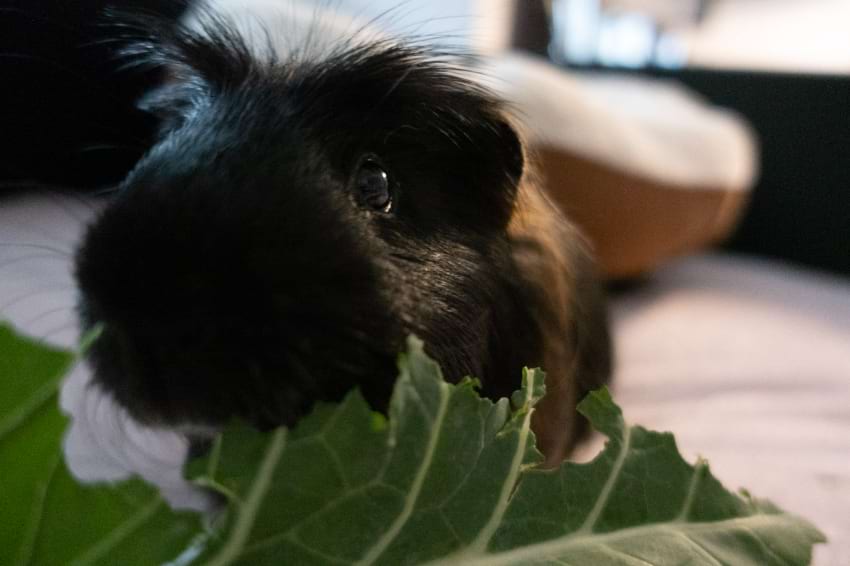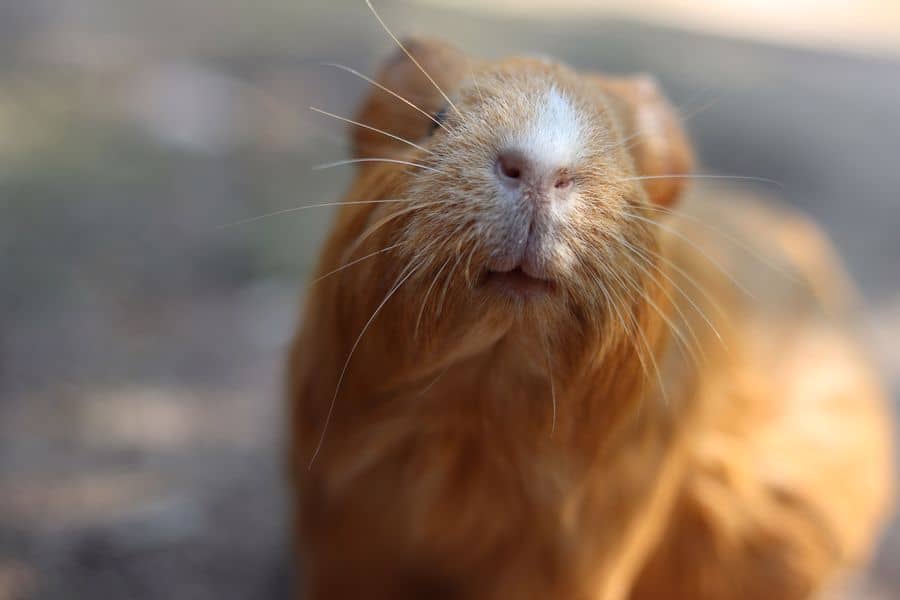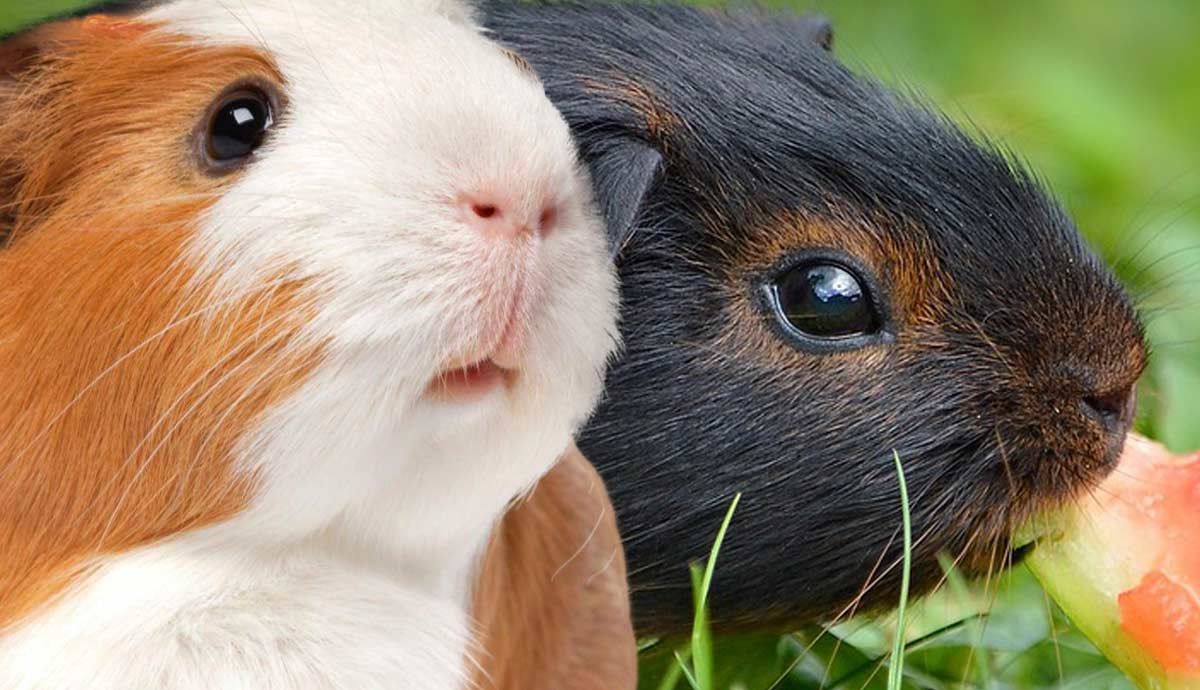Guinea pigs, also known as cavies, are beloved pets due to their friendly nature and endearing squeaks. However, when these small animals experience respiratory problems, such as wheezing, it can be a cause for concern.
Wheezing is a common respiratory issue in guinea pigs, characterized by a whistling or rattling sound during breathing. Understanding the causes, symptoms, and available treatments for guinea pig wheezing is vital for ensuring the health and comfort of your pet.
READ MORE:
Guinea Pig Ear Infections: A Complete Guide
Space Requirements for Guinea Pigs: A Comprehensive Guide
The Hairless Guinea Pig: A Unique and Adorable Breed
The Sounds of Guinea Pigs: A Comprehensive Guide
Contents
- 1 Understanding Guinea Pig Wheezing: Causes and Symptoms
- 2 Common Respiratory Infections in Guinea Pigs: Identifying the Culprits
- 3 Diagnosing Wheezing in Guinea Pigs: When to Seek Veterinary Care
- 4 Home Remedies for Guinea Pig Wheezing: Providing Relief and Support
- 5 Treatment Options for Guinea Pig Wheezing: Medications and Therapies
- 6 Preventing Guinea Pig Wheezing: Maintaining a Healthy Environment
- 7 Conclusion
Understanding Guinea Pig Wheezing: Causes and Symptoms

To understand wheezing in guinea pigs, it’s helpful to know a bit about their respiratory system. Like humans, guinea pigs have a complex respiratory system, including the nose, nasal passages, trachea, lungs, and diaphragm. Wheezing occurs when the airflow through the air passages is blocked or disrupted, making it difficult for the guinea pig to breathe normally. The most common causes of wheezing in guinea pigs include:
Respiratory Infections
Respiratory infections are the leading cause of wheezing in guinea pigs. These pets are vulnerable to bacterial, viral, and fungal infections that can impact their respiratory system. Common respiratory infections affecting guinea pigs include pneumonia, bronchitis, and upper respiratory tract infections (URTI). These infections can cause inflammation and mucus accumulation in the airways, leading to wheezing.
Typical symptoms of respiratory infections include sneezing, coughing, nasal discharge, and difficulty breathing. In severe cases, guinea pigs may experience loss of appetite, lethargy, and weight loss. If left untreated, these infections can be fatal.
Allergies
Guinea pigs, like humans, can develop allergies to environmental factors. These allergies can lead to wheezing and other respiratory symptoms. Common allergens for guinea pigs include dust, pollen, hay, and certain bedding materials.
Allergy symptoms in guinea pigs may include sneezing, coughing, watery eyes, and wheezing. If you suspect your guinea pig has allergies, it’s important to consult with a veterinarian for proper treatment and care.
Foreign Objects
Guinea pigs are naturally curious and may chew or nibble on various objects in their environment. Occasionally, this can lead to foreign objects getting lodged in their air passages, such as the throat or windpipe, causing wheezing and breathing difficulties.
Symptoms of a foreign object causing an obstruction may include wheezing, gagging, and coughing. If you believe your guinea pig has ingested something harmful, immediate veterinary attention is needed.
Common Respiratory Infections in Guinea Pigs: Identifying the Culprits

Respiratory infections are one of the most frequent causes of wheezing in guinea pigs. These infections, caused by bacteria, viruses, or fungi, can affect different parts of the respiratory system. Let’s explore some of the common respiratory infections in guinea pigs:
Pneumonia
Pneumonia is a bacterial infection that affects the lungs and can be fatal if left untreated. The bacteria Bordetella bronchiseptica and Streptococcus pneumoniae are often responsible for pneumonia in guinea pigs. Older guinea pigs, stressed pets, or those with pre-existing respiratory problems are more susceptible.
Symptoms of pneumonia include difficulty breathing, wheezing, lethargy, and poor appetite. Without treatment, pneumonia can lead to severe respiratory distress and even death.
Bronchitis
Bronchitis is the inflammation of the bronchi, the large air passages that lead to the lungs. It can result from various bacteria, viruses, or allergens. Guinea pigs living in dusty environments or those with weakened immune systems are more likely to develop bronchitis.
Symptoms of bronchitis include wheezing, coughing, and labored breathing. Severe cases may also result in fever, loss of appetite, and weight loss.
Upper Respiratory Tract Infections (URTI)
URTIs affect the nose, throat, and sinuses and are often caused by bacteria or viruses. These infections are highly contagious and can spread rapidly among guinea pigs, especially when housed in close quarters. Overcrowding, poor hygiene, and stress can increase the likelihood of URTIs.
Typical symptoms of URTIs include sneezing, nasal or eye discharge, wheezing, and difficulty breathing.
Diagnosing Wheezing in Guinea Pigs: When to Seek Veterinary Care

It’s crucial for guinea pig owners to monitor their pets’ health carefully. If you notice wheezing or any difficulty breathing, immediate veterinary consultation is essential. A veterinarian will conduct a comprehensive examination and may perform additional tests to determine the underlying cause of the wheezing.
Common diagnostic tests include:
- X-rays: To detect abnormalities in the lungs or chest cavity, such as fluid buildup or foreign objects.
- Tracheal Wash: A procedure in which a sample of mucus from the respiratory tract is collected to identify bacteria, viruses, or fungi.
- Blood Tests: To assess your guinea pig’s overall health and check for underlying infections.
Home Remedies for Guinea Pig Wheezing: Providing Relief and Support

While professional veterinary care is vital, there are some home remedies that can offer temporary relief for a wheezing guinea pig. However, these should not replace proper veterinary treatment. Use them only to provide comfort until you can take your pet to the vet.
Steam Therapy
Steam therapy can help loosen mucus and clear the air passages, easing wheezing. Place your guinea pig in a small carrier or box with a damp, warm towel draped over it to create a steam tent. Ensure the towel doesn’t come too close to your pet’s face to avoid burns. Let them inhale the steam for 5-10 minutes, then gently wipe their nose and mouth.
Humidifier
Using a humidifier in your guinea pig’s living area can help maintain moisture in the air and prevent dryness in their respiratory tract. Be sure to clean the humidifier regularly to prevent bacteria growth.
Vitamin C Supplement
Guinea pigs require vitamin C to maintain a healthy immune system. A deficiency can make them more susceptible to respiratory infections. Consult your veterinarian to determine the proper dosage of vitamin C for your pet.
Treatment Options for Guinea Pig Wheezing: Medications and Therapies
Based on the underlying cause of wheezing, your veterinarian may recommend the following treatments:
Antibiotics
If a bacterial infection is identified, antibiotics will be prescribed to treat the infection. Follow your veterinarian’s instructions and complete the full course of antibiotics to prevent the infection from recurring.
Anti-Inflammatories
If inflammation is causing the wheezing, your veterinarian may prescribe anti-inflammatory medications to reduce swelling and ease breathing.
Nebulization
In more severe cases, nebulization may be used. This treatment involves administering a mist of medication directly into the respiratory tract to help improve breathing and relieve symptoms.
Preventing Guinea Pig Wheezing: Maintaining a Healthy Environment
Prevention is always better than cure, and this applies to guinea pig wheezing. To help prevent respiratory issues, follow these tips:
- Proper Ventilation: Ensure your guinea pig’s living space is well-ventilated, free from dust, mold, or other allergens.
- Clean Bedding: Regularly clean and replace bedding to prevent the buildup of bacteria that can irritate the respiratory system.
- Regular Grooming: Groom your guinea pig regularly to remove dust, debris, and loose hair that could obstruct their air passages.
Conclusion
Wheezing in guinea pigs can be a serious issue, but with the right care and understanding, it can be effectively managed. Always monitor your guinea pig’s health closely and seek veterinary care as soon as you notice any signs of respiratory distress. With prompt diagnosis and appropriate treatment, your guinea pig can continue to lead a happy, healthy life, delighting you with their cheerful squeaks for years to come.
